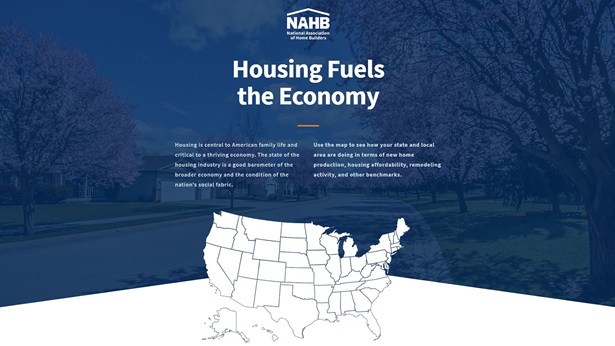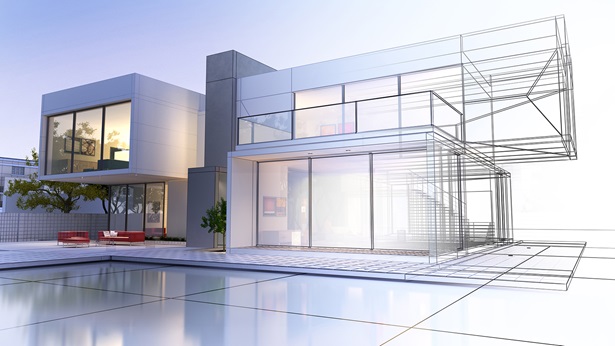55+ Housing: Trends and Benefits
America is getting older.
NAHB estimates that the number of households headed by someone age 55+ will increase through 2019 to account for more than 45% of all U.S. households. These ever-growing ranks of empty-nesters, new retirees, grandparents and active seniors create an opportunity for builders across the country to meet the special needs and preferences of 55+ buyers looking to relocate, downsize their homes or find a new senior-friendly community.
What is 55+ Housing?
55+ homes are typically found in vibrant locations and socially-engaged communities, and often include amenities like nature trails, pools and recreation centers. Many use design elements that promote low-stress living and include special features like accessible bathrooms and gardens.
Types of 55+ Housing
55+ Communities
Today’s baby boomers are not looking for the isolated retirement communities of the past. Many desire the sense of community that comes with living in a place made for residents who are looking to remain engaged and independent. Most often, residents enjoy communal amenities like pools, recreation centers, social events, hiking trails, tennis courts and nearby restaurants and shopping. These types of communities are usually an affordable and sought-after downsizing option for 50+ adults.
Assisted Living
Assisted living is aimed at residents who want to live independently but have quick and direct access to services like personal one-on-one care, meal preparation, social activities, and in many cases 24-hour health supervision. Assisted living is for those who can no longer live entirely on their own, but don’t yet need the full support of nursing care. The level of service is typically adjusted to fit the individual’s needs.
Community Care Retirement Communities
Community care retirement communities (CCRCs) are a happy medium between the support of assisted living and the independence of 55+ communities. Residents can choose more independence by living on their own in single-family homes, apartments or condominiums, but as additional assistance becomes necessary there is the added comfort of assisted living or nursing care facilities closeby. Residents transition smoothly and can be certain that their health needs will be accommodated without the stress and hassle of moving.
Trends in 55+ Building
Universal Design
Universal Design (UD) focuses on making a living space fully accessible to people of all different ages and abilities. This often requires small innovations in design that are increasingly inviting and stylish. Some examples are widened doorways for wheelchairs, adjusted showers and baths, raised flower beds for seated gardening, open, single-level floor plans and lowered appliances. These measures take away the stress of high-maintenance homes with steep staircases and high operating costs that many seniors live in today. With a move to a home with UD elements, you can have up-to-date style, and feel totally comfortable in your own space.
Healthy and Active Lifestyle
With a rise in demand for healthy living in recent years, many 55+ builders are including amenities like massage therapy, spas, workout classes and hiking trails into their community plans.
55+ communities don’t just focus in physical health, but can also be great for a person’s emotional and social health. Many 55+ communities have social groups form around activities like singing, games or even line dancing. They are often located in warmer climates and most are built near central attractions.
One of the biggest trends in 50+ is to locate communities near big universities so residents can continue learning by taking classes or going to the cultural and academic events that revolve around college campuses.
Many communities develop near public transit hubs or even provide their own transportation into central local areas. Some developments sponsor trips to large festivals, plays, religious services or other local events. These amenities make for a rich and busy life and manage to promote health as well as happiness.



